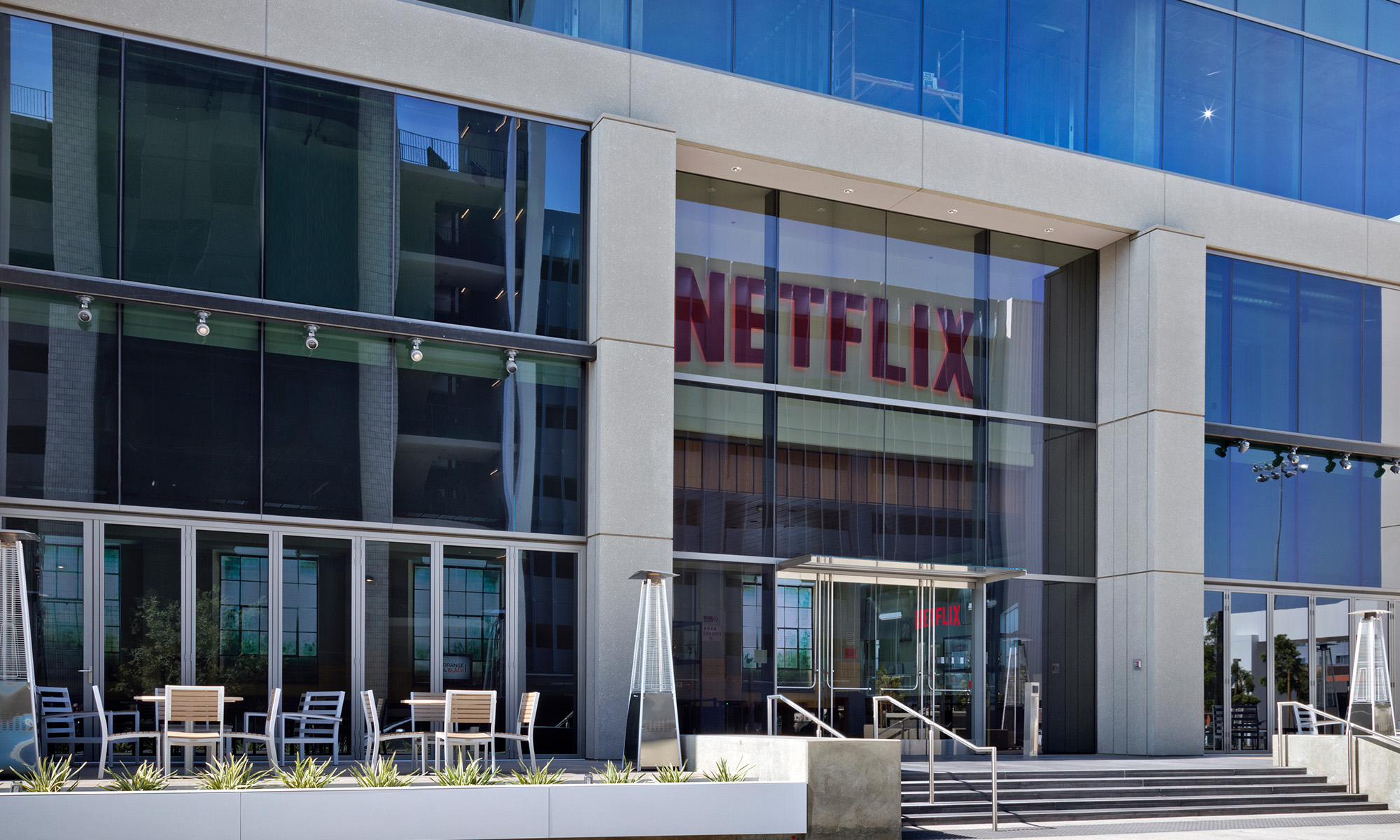Early in 2013, Netflix (NFLX +1.02%) CEO Reed Hastings told investors that the company was still facing a year-and-a-half of probation following its disastrous mid-2011 price increase. Investors have been eager for the extra revenue and earnings a price increase would generate. However, Hastings worried that if Netflix attempted to raise prices again, it would bring back bad memories, leading to more subscriber backlash.

Netflix is almost off "probation," and it's ready to raise prices.
The probation period is almost over, and Netflix management does not seem very worried about losing subscriber loyalty anymore. As a result, Netflix plans a "one or two dollar increase" for new members starting later this quarter. However, this price increase probably won't have a significant impact on Netflix's finances until 2016.
Prices going up... slowly
In January, Netflix increased its monthly price in Ireland by 1 euro. This served as a test of sorts for a potential increase in the vastly larger U.S. market. In Ireland, Netflix grandfathered in existing members at the old subscription price for two years. At the time, Netflix indicated that it would extend the grandfathering tactic to the U.S. if it chose to raise prices later in 2014.
Grandfathering existing members is a clever move. A straight price increase could give customers the impression that Netflix doesn't value them very much. By contrast, grandfathering gives current subscribers lots of time to adjust to the new pricing scheme while rewarding them for their loyalty with a (temporarily) lower price.
According to Netflix, the Ireland price increase went more or less as planned. With current subscribers protected against the increase until 2016, it's not surprising that there was no backlash.
Small benefit for now
The main benefit to Netflix of grandfathering current users is that it will hopefully prevent an uptick in churn (the monthly cancellation rate) when prices go up. In fact, in the short term, this policy could reduce churn. Customers might be more reluctant to cancel if they feel like they're getting a "good deal" now and would have to pay the higher rate if they canceled and rejoined.
On the flip side, Netflix will not see much of an impact to its revenue or earnings from higher prices until the grandfathering period expires. Netflix had nearly 36 million subscribers as of the end of last month, and it has added about 6.5 million subscribers in the last six months.

A price increase will help Netflix pay for expensive content deals.
Thus, the number of current subscribers paying the old price will far outweigh the number of subscribers paying the new price for quite some time. Based on the two-year grandfathering period used in Ireland, current Netflix subscribers will probably pay today's rate until sometime in 2016.
This timing would coincide nicely with the beginning of Netflix's pricey deal for the pay-TV rights to Disney movies. In the meantime, Netflix will have to rely on good old-fashioned subscriber growth to increase its margins.
Foolish final thoughts
The coming Netflix price increase will generate plenty of headlines in the financial press. That said, it isn't likely to have a significant impact on the company's financial performance. The decision to grandfather all current Netflix subscribers means that most users will keep paying the current price for another year or two.
The company's rapid march to profitability in international markets is a much more significant development from an investing perspective. However, this news may fly beneath the radar given the intense consumer interest in Netflix's upcoming price increase.






